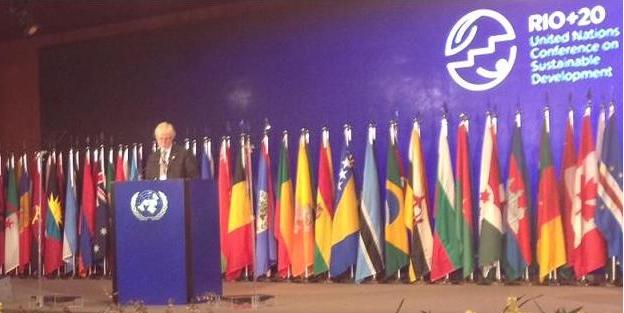Eurooppalaiset huippukokoukset ovat olleet usein sekavia tilaisuuksia ja mitä tärkeämmästä asiasta on kyse, sitä enemmän joudutaan jälkikäteen puimaan ja selittämään sitä, mitä oikeastaan on päätetty. Tällä kertaa taidettiin lyödä aikaisemmatkin ennätykset.
Tämän jälkeen on avoimesti pakko varautua siihenkin mahdollisuuteen, että koko europrojekti voi kariutua. Vielä se ei ole väistämätöntä, eikä sitä ole syytä toivoa, sillä siitäkin olisi lyhyellä aikavälillä paljon kielteisiä seurauksia. Euroopan unionin loppu sen ei suinkaan tarvitse olla, vaan mahdollisuus jopa sellaisen paremman ja realistisemman Euroopan rakentamiseen, joka ei toimi samalla tavoin markkinavoimien armoilla ja ehdoilla kuin mitä tähänastinen eurokriisin hoito on paljolti ollut.
Ainakin on selvää, ettei Suomen tule olla hinnalla millä hyvänsä euroa pelastamassa. Viimeistään nyt pitäisi olla muillekin selvää, ettei kriisiä ratkaista aikaa ostamalla ja markkinavoimia lepyttämällä jatkaen hyvä rahan heittämistä huonon perään. Onneksi Suomen kanta on vaalien jälkeen ollut selvä: ei uusia lainoja ilman vakuuksia, ei EVM:n lainoja ilman ensisijaisuutta, ei velkojen yhteisvastuuta. Jos tämä kuuostaa liian ei-painotteiselta johtuu se siitä, että kun sananvaltamme ei riitä parempien ratkaisujen aikaansaamiseen, on pakko toimia niin, että omat vahingot jäävät mahdollisimman pieniksi.
Oma lukunsa on Eurooppa-neuvoston puheenjohtaja Rompuyn esitys uuden uljaamman euro-unionin perustamiseksi. Siihen tulee suhtautua enemmän kuin varaukselliseksi, sillä siinä kaavaltu euro-unioni ei ole sen enempää toivottava kuin toimiva. Myös menettelytapa, jossa tähänastisen kriisin hoidossa kunnostautunut nelikko, Eurooppa-neuvoston pj, komission pj, EKP:n pääjohtaja ja euro-ryhmän pj valmistelisivat esityksiä muiden nieltäväksi on demokratian ja avoimuuden irvikuva.
Ei neuvoston kokous toki kokonaan epäonnistunut ollut. Sopimus kasvun ja työllisyyden edistämisestä on oikeansuuntainen, vaikka sen vaikutuksia ei kannata yliarvioida. Myös Rompuyn euro-unionista voi poimia tarpeellisia asioita, kuten sellaisen pankkiunionin vahvistamisen, joka tehostaa rajat ylittävän pankkitoiminnan valvontaa, ehkäisee riskejä ja pakottaa pankkisektorin itsensä varautumaan riskien toteutumiseen.
29.6. 2012

